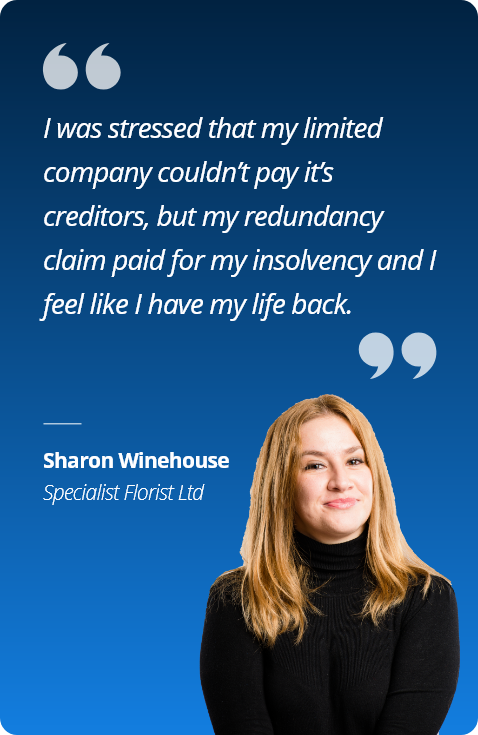What is a DS01 form for company dissolution?
Posted on: Sunday 2nd February, 2020

There are various ways to close down a limited company, but which one is most appropriate will depend on the business’ financial position. Form DS01 is used to formally dissolve or strike-off an unwanted company, which means its name will be removed from the Companies House register and it will no longer legally exist.
Some directors choose dissolution when they can pay all their creditors within a 12-month period but there is little in the way of assets to distribute to shareholders. Others opt for this procedure even when their company is insolvent, simply because it’s inexpensive and relatively straightforward when compared with other options.
If a company is experiencing severe financial difficulties, however, or has already entered insolvency, voluntary liquidation is often the better alternative and it also offers directors the potential to claim redundancy pay. But before we look more closely at voluntary liquidation, how is form DS01 used to close down a company?

Company dissolution and form DS01
You can download and print off form DS01, and then post it back to Companies House. The correct Companies House address depends on where the company was registered, but it will either be Cardiff, Belfast, or Edinburgh.
This is the information you’ll need to include:
- Company number
- Full name of the company
- Signature of the director(s) – if there’s more than two directors, a majority will need to sign
- Details of the person to contact if Companies House have any queries
The fee for company dissolution is £10, which should be paid by postal order or cheque, although not from the account of the company that is to be dissolved.
Sending form DS01 to interested parties
An important part of the dissolution process is sending form DS01 to anyone with an interest in the company within seven days of the form being sent to Companies House. Recipients typically include suppliers, creditors, employees, shareholders, pension scheme administrators, and any directors who didn’t sign the form.
With a cost of just £10 and minimal administration, it’s easy to see why directors would choose this procedure to close down their company. However, there are disadvantages that become clear on closer inspection, and specific advantages of choosing a different route.
Voluntary liquidation vs dissolution and form DS01
Creditors’ Voluntary Liquidation (CVL) is a formal insolvency procedure that requires the appointment of a licensed insolvency practitioner (IP). The associated fees are far higher than those for company dissolution, but an insolvent liquidation offers some valuable benefits to directors; most notably that they can claim redundancy pay and other statutory entitlements in many cases.
CFS Redundancy Payments has vast experience of making claims on behalf of limited company directors. We understand the process of claiming redundancy as a director, and how to maximise a claim.
With the current average claim for director redundancy being £9,000 (higher than the average cost for an insolvency practitioner-led liquidation), you should consider the benefits of voluntary liquidation rather than taking the dissolution route via form DS01. For more information that’s tailored to your own circumstances, please contact one of our expert team. CFS are Authorised and Regulated by the Financial Conduct Authority. Authorisation No 830857. You can check our registration here.






